Can my family decide everything about my life?
Får familjen bestämma över mitt liv? - engelskaYour parents or legal guardians have responsibility for you until you reach the age of 18. But they aren’t allowed to decide everything. You have the right to be present and make decisions that affect your life. Get help from someone else if you feel that your family wants to decide on or control your life.
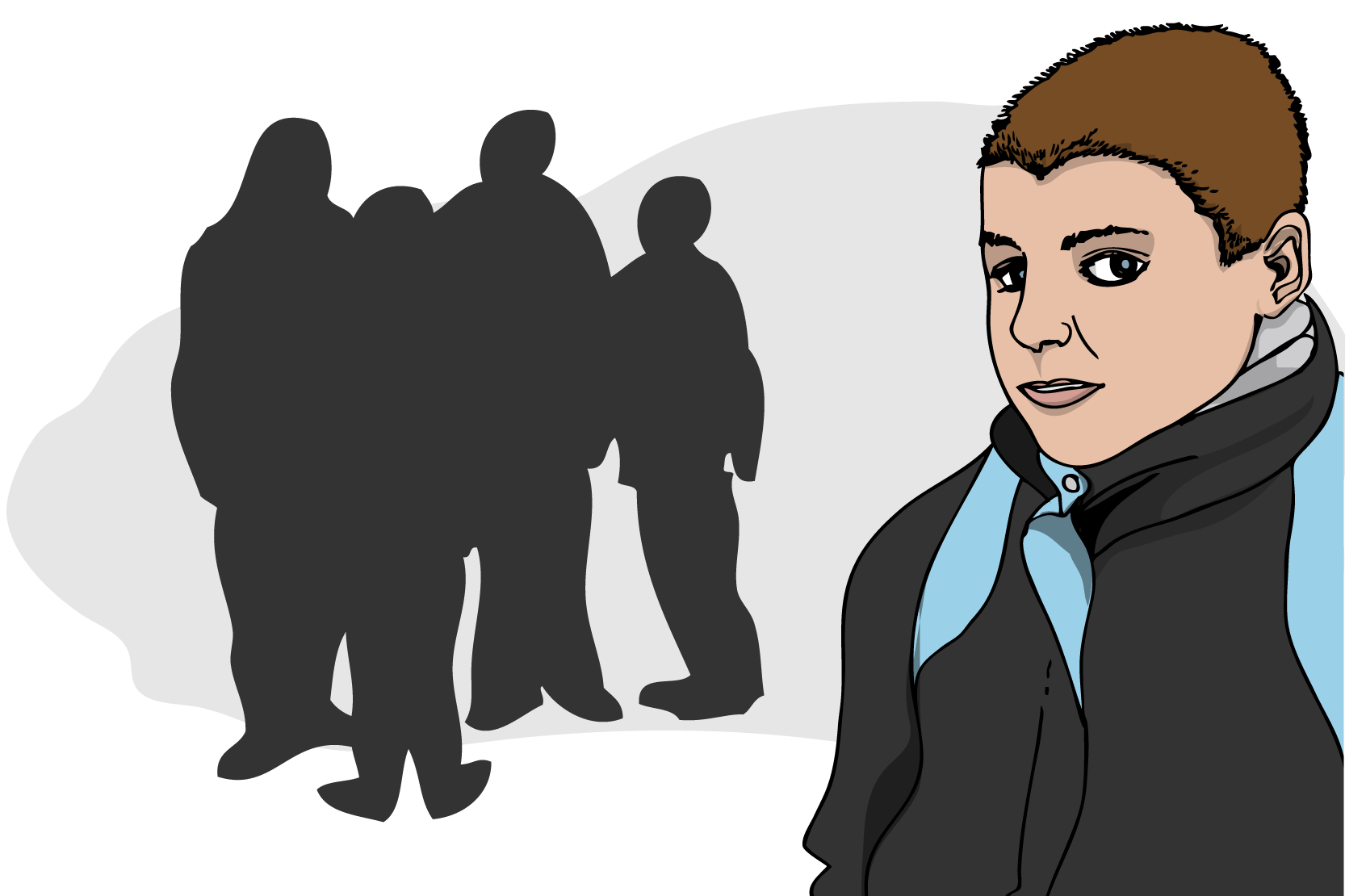
It’s common for there to be different opinions in a family. For example about what time you should come home at night, what clothes you wear or how you use social media. There’s no law that decides these things. Instead, you and your family have to come to an agreement.
What you get to decide
You have the right to decide certain things for yourself, even if you’re under the age of 18. For instance:
- You’re allowed to think what you want.
- You should be allowed to have time to do the things you enjoy, like meeting friends or exercising.
- You should get time to rest.
- You are allowed to believe in whatever religion you want to, choose whether you want to wear religious clothing or not, or choose not to believe in any religion.
- You’re entitled to a private life. For example, no-one is allowed to read your messages or things on your computer without asking you first.
- You are allowed to fall in love with and be in a relationship with whoever you want.
Right to go to school
All children in Sweden are required by law to attend school from Years 1 to 9. This means that you have to attend lessons, unless you’re ill. No-one is allowed to stop you going to school. No-one is allowed to stop you going to certain lessons. The same applies to school trips and work experience.
You decide whether to have sex
You have the right to masturbate or have sex in some other way, if you want to. You decide over your own body. No-one in your family or anyone else can forbid this.
No-one is able to tell whether or not you’ve had sex. It doesn’t show on your vagina or penis, or in any other way. There is no membrane that covers the opening of the vagina.
You can get protection against pregnancy, if you want it.
You don’t need permission from your parents or guardians, the person you are having sex with or the person you are married to.
You decide whether you want to get married
You should only get married if it’s because you want to, and if it’s with the person you want to get married to. You should both want to get married. You must be 18 years old to get married. It’s illegal to force someone to become engaged, or get married.
What parents get to decide
Here are some examples of what your parents or guardians are allowed to decide for you, if you’re under the age of 18:
- Know how you’re doing at school.
- Prevent you from doing things that could be harmful for your health, such as drinking alcohol or smoking.
- Make sure that you go to bed early enough so that you can manage school the next day.
- Make sure that you attend school until you finish Year 9.
Adults can also decide on things like that you need to clean your room. They can tell you to help out at home. But they also have to give you time to study, do things in your free time and rest.
Things that no-one can do to you
There are some things that no-one is allowed to do to you. Not your parents, guardians or any other family member for that matter. For instance:
- Subjecting you to physical abuse, such as pushing you, pulling your hair or beating you.
- Subjecting you to psychological abuse, such as saying things that make you feel scared or calling you mean things.
- Lock you in, or lock you out.
- Threaten you.
Honour
In some families or extended families, it’s important that no-one brings dishonour to the family. There may be rules within the family or extended family, for example that a girl is not allowed to have sex before she is married. This means that she can’t have a boyfriend, or spend her free time with boys.
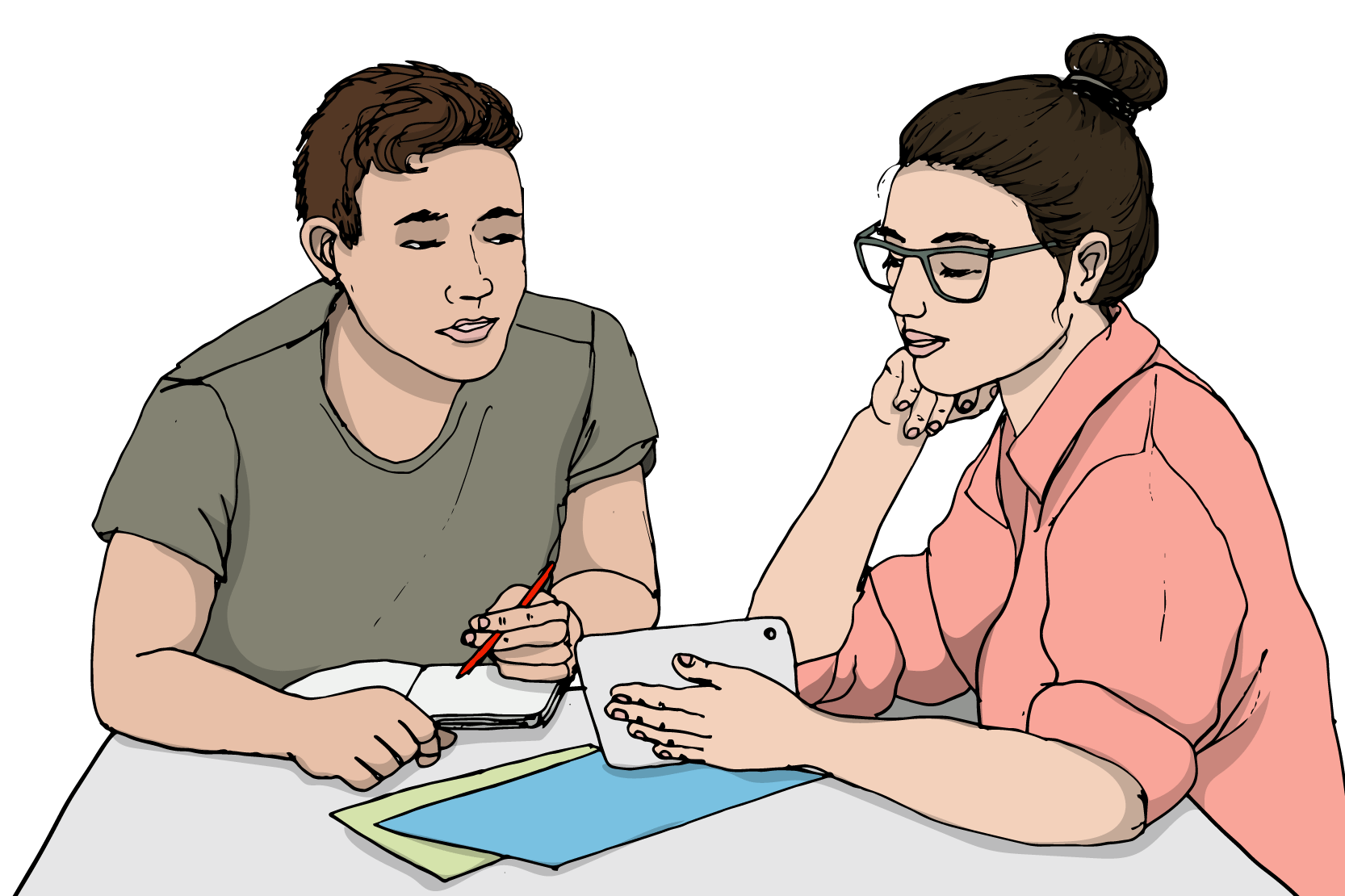
These rules tend to be strictest for girls, but there are also rules that apply to boys.
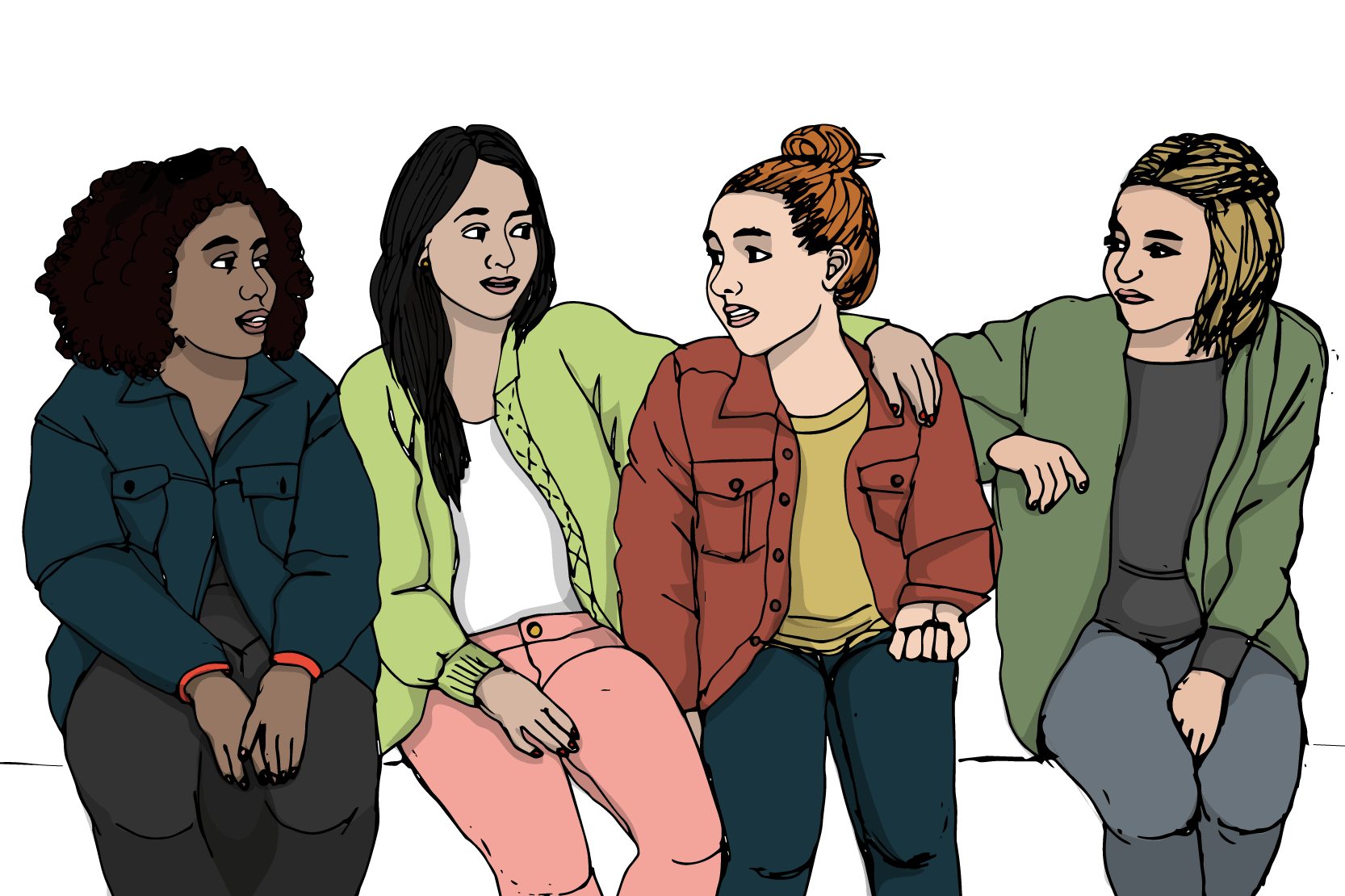
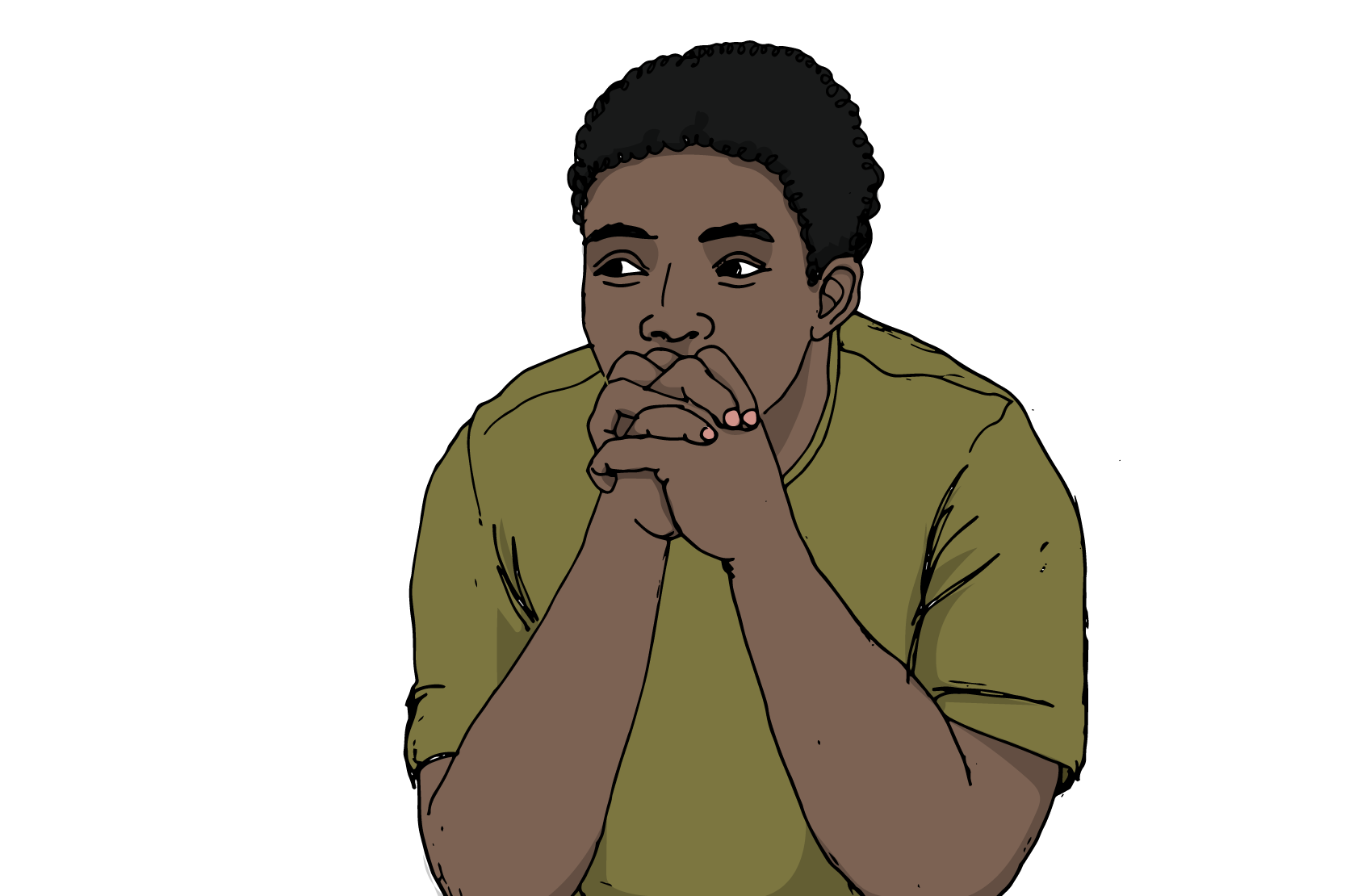


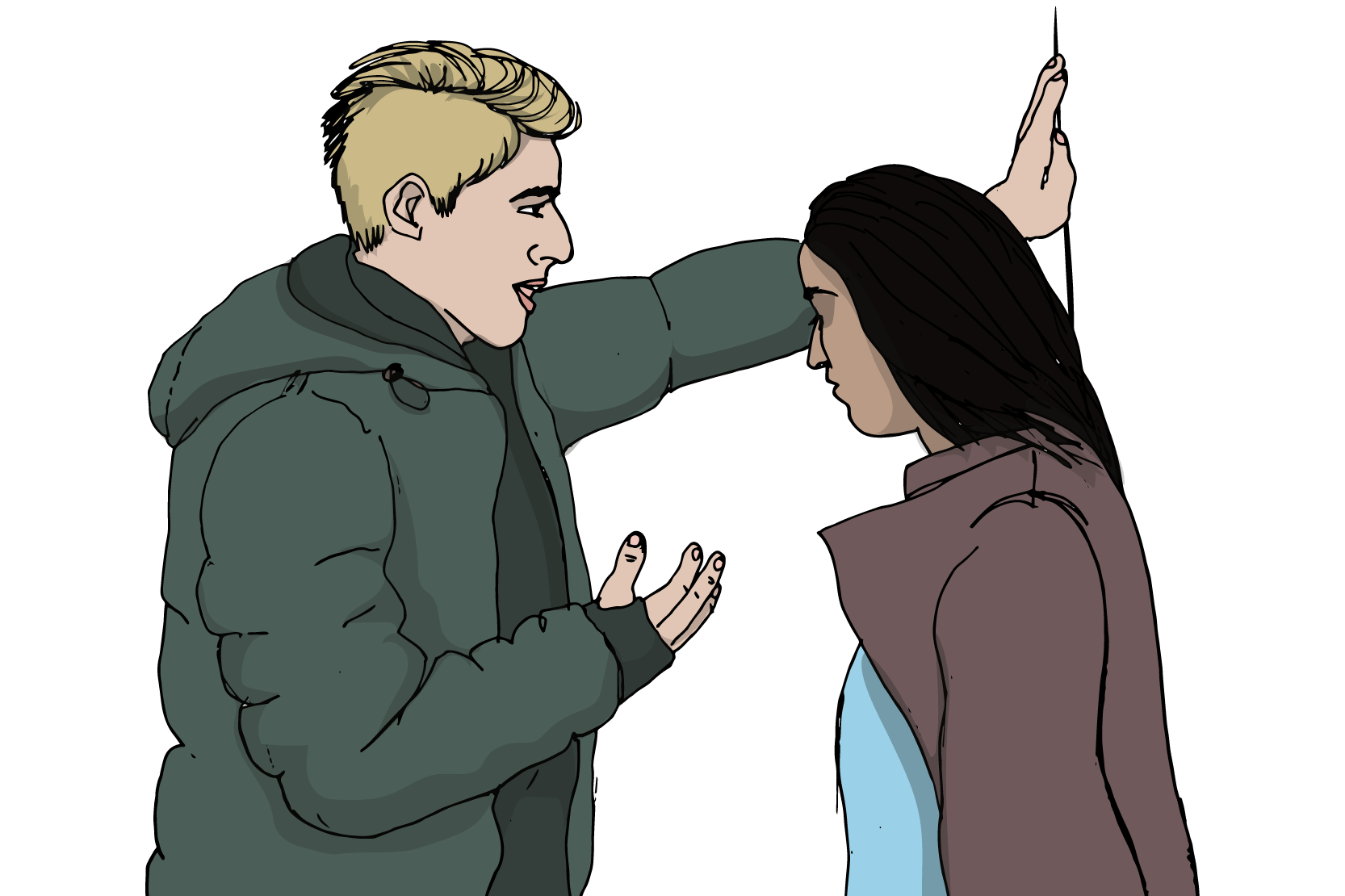

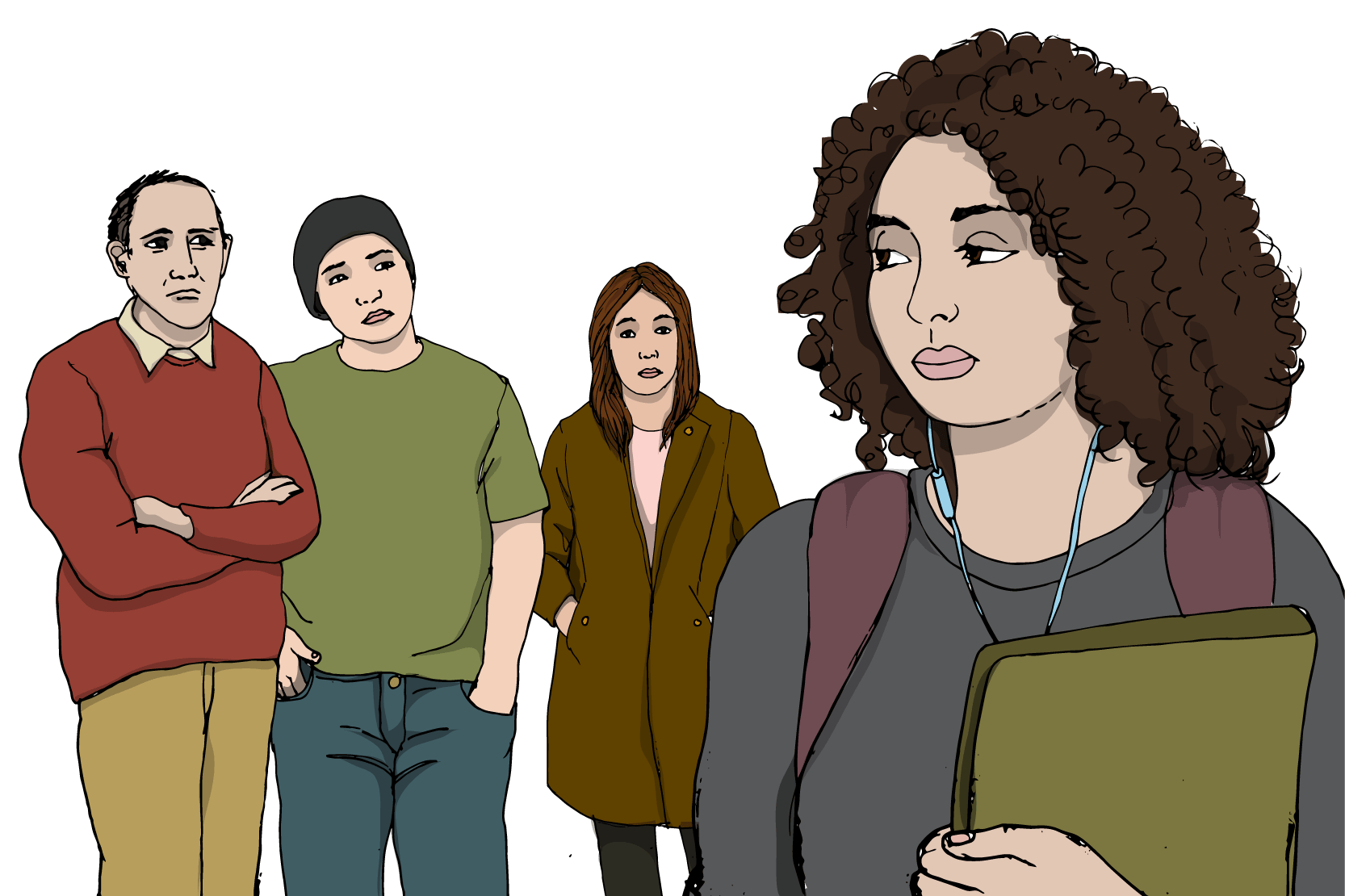
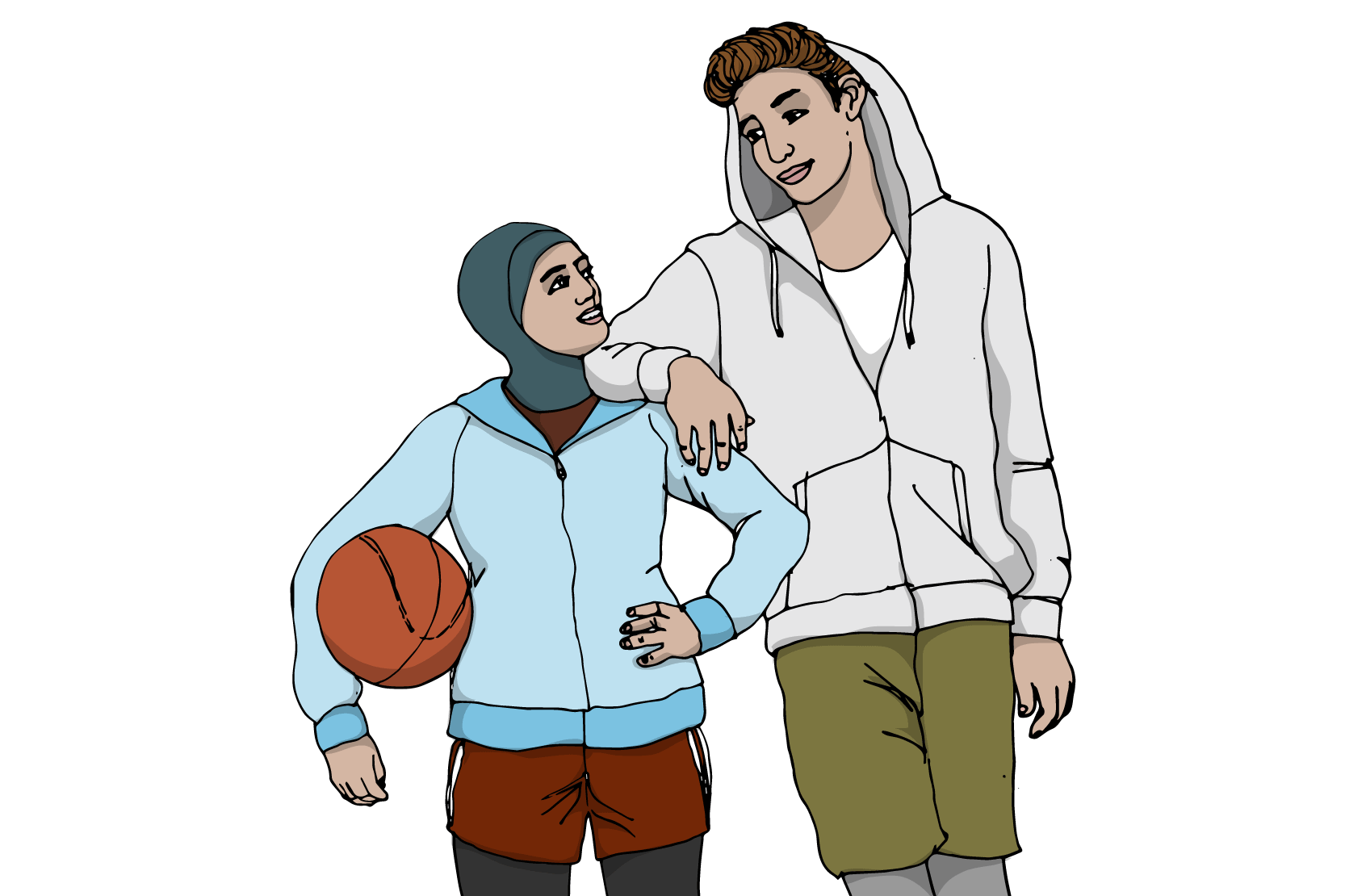

Tips on what you can do
- Tell the adults in your family how you feel, if you can
Is it possible to talk to someone in your family about how you feel? Maybe one of your parents? - Are you unable to talk to the adults around you?
It´s still important you tell someone if you have problems at home. Tell an adult you trust, for example a friend´s parent, a sports coach, a teacher, the school counsellor or someone at a Youth Guidance Centre. - Are you not allowed to join in with sports, school trips or something else at school?
Tell a teacher or other adult at your school. That person may be able to talk to your parents or guardians about the importance of your being allowed to join in. - Contact an organisation that helps young people who are having problems at home. They can help you with different things. You can contact them anonymously.
- Social services are required to help you if things are difficult at home
They can sometimes arrange a safe place for you to live, for example if you’ve been threatened. You can find the number to call social services on your local municipality’s website. - Call the police if you or someone you know is the victim of a crime, such as being beaten or threatened
Call 112 if it’s an emergency. Call 114 14 if it’s not an emergency. Call +46 77 114 14 if you’re abroad.
Sometimes adults are required to report what you tell them
Everyone who works in a school or at a health service must follow rules around confidentiality. This means that they are not allowed to talk about you, with anyone else. However, there are exceptions for people under the age of 18. Staff members are required to tell social services if they think that something bad is happening to you, such as someone being violent towards you. This is also a requirement for many other adults who work with young people. You can ask the adult you’re talking to, if you have any questions about this.